School readiness and preparation help kids excel in school and beyond. It extends beyond math and the alphabet. It encompasses larger skills that help kids adjust to school, engage with others, and keep learning. These talents fall into five categories: physical well-being, social and emotional development, language and literacy, cognitive development, and learning styles. Each domain helps kids feel secure and ready for school.
Let’s explore these five domains of school readiness and understand why they matter for every child.
- Physical Well-Being and Motor Development
- Health and Stamina: Children need to be healthy to participate fully in school. Good nutrition, regular physical activity, and sufficient sleep help children stay energized and focused throughout the day.
- Gross Motor Skills: Activities like playing on the playground or participating in physical education build strength and coordination. These skills are not only important for fitness but also social interaction during play.
- Fine Motor Skills: Tasks like writing, cutting with scissors, and coloring require fine motor control. Being able to manipulate small objects is crucial for completing many school tasks.
- Social and Emotional Development
- Forming Relationships: Children who can share, take turns, and play cooperatively with others are more likely to build positive relationships in the classroom. This leads to a stronger sense of belonging and a more enjoyable school experience.
- Emotional Regulation: Learning how to manage feelings like frustration, excitement, or fear helps children stay calm and focused in different situations. When children can control their emotions, they are better able to handle challenges and changes.
- Self-Confidence: When children feel confident in their ability to interact with others and manage their emotions, they are more willing to try new things, ask questions, and engage in classroom activities.
- Language and Literacy Development
- Communication Skills: Being able to express needs, ask questions, and understand instructions is critical in the classroom. Children who have strong communication skills are more likely to participate actively and confidently in class.
- Listening and Following Directions: Good listening skills help children follow instructions, participate in group activities, and engage in discussions with teachers and peers.
- Early Literacy: Recognizing letters, understanding sounds, and beginning to read are all part of early literacy development. These skills lay the groundwork for learning to read and write, which are essential in every subject area.
- Cognitive Development
- Problem-Solving: Children who can think critically and solve problems are better equipped to handle academic challenges. Whether it’s figuring out a puzzle or answering a question in class, problem-solving skills are essential for success.
- Attention and Focus: Paying attention to lessons and focusing on tasks are important skills for learning. Children who can stay focused are more likely to grasp new concepts and complete their work successfully.
- Curiosity and Exploration: A child’s natural curiosity fuels learning. Encouraging exploration and asking questions helps children develop a love for learning and an eagerness to discover new things.
- Approaches to Learning
- Curiosity and Initiative: Children who are curious and eager to learn are more likely to explore new ideas and take initiative in the classroom. This sets the stage for lifelong learning and intellectual growth.
- Persistence: School can be challenging at times, and children need persistence to keep trying when faced with difficult tasks. Learning how to stick with a task, even when it’s tough, helps build resilience.
- Flexibility and Adaptability: Being open to new ideas and adapting to different situations helps children adjust to the varied learning experiences they’ll encounter in school.
Physical well-being refers to the overall health and physical abilities of a child. This domain includes gross motor skills, like running and jumping, and fine motor skills, like holding a pencil or buttoning a shirt. A child’s physical health and motor development are foundational for their ability to participate in school activities.
Why It Matters:
Social and emotional development is about how children interact with others, manage their emotions, and develop self-control. This domain helps children build relationships with peers and teachers, understand and express their feelings, and cope with new experiences.
Why It Matters:
Language and literacy development is about how children understand and use language. This includes speaking, listening, understanding stories, and beginning to recognize letters and words. Strong language and literacy skills are key to a child’s ability to communicate and learn in school.
Why It Matters:
Cognitive development refers to a child’s ability to think, reason, and solve problems. This domain includes memory, attention, and understanding concepts like numbers, shapes, and colors. Cognitive development helps children make sense of the world around them and approach new learning with curiosity.
Why It Matters:
Approaches to learning refer to the attitudes and behaviors children show toward learning. This includes curiosity, motivation, persistence, and flexibility. A positive approach to learning helps children enjoy the process of discovery and adapt to different learning environments.
Why It Matters:
Why the 5 Domains of School Readiness Matter
All five domains of school readiness—physical well-being, social and emotional development, language and literacy, cognitive development, and approaches to learning—work together to ensure that children have a well-rounded foundation for success. When children are supported in each of these areas, they are better equipped to handle the academic, social, and emotional challenges of school.
Each domain contributes to different aspects of a child’s development:
- Physical well-being ensures children have the stamina to participate in activities.
- Social and emotional development helps them build relationships and manage their feelings.
- Language and literacy provide the communication tools needed for learning.
- Cognitive development supports critical thinking and problem-solving.
- Approaches to learning encourage a positive, resilient mindset toward education.
By focusing on all these areas, parents and educators can help children enter school with the skills they need to thrive, both academically and personally.
Conclusion
Preparing children for school involves much more than teaching them their ABCs or how to count to ten. It requires a comprehensive approach that nurtures their physical, social, emotional, language, cognitive, and learning skills. When children are strong in all five domains of school readiness, they are more likely to experience a smooth and successful transition into school life.
At Mothers Pet Kindergarten (MPK), we understand the importance of these five domains and ensure that our programs provide children with the well-rounded development they need. By fostering growth in all these areas, we help children build the confidence, skills, and curiosity necessary to succeed not just in school, but in life.
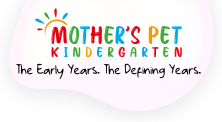
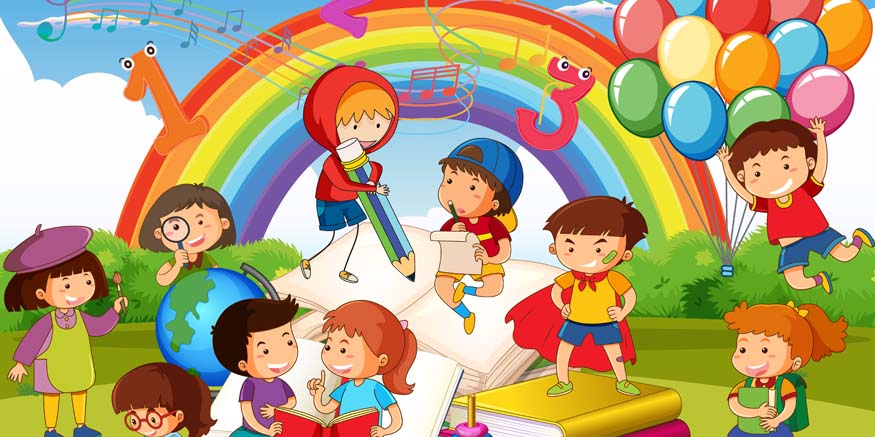

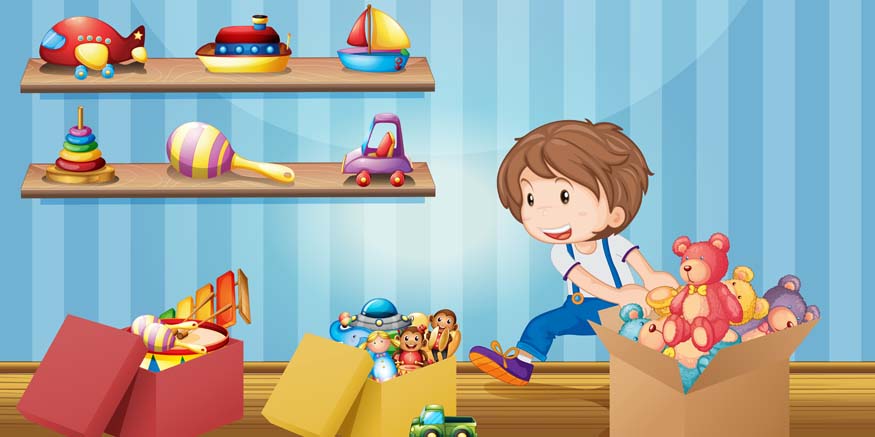
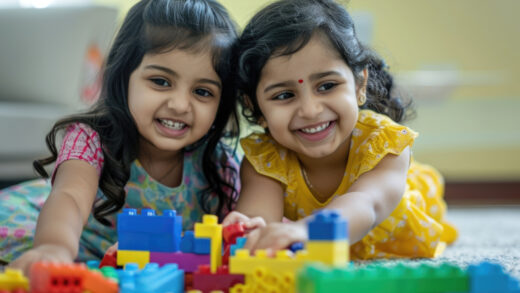


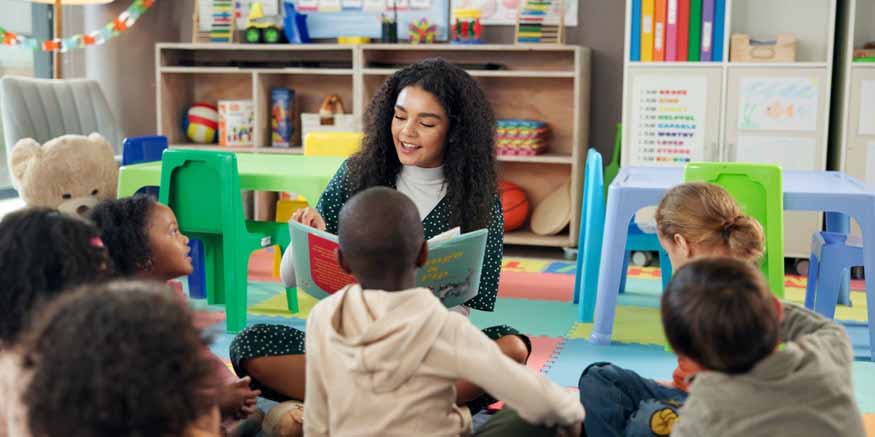

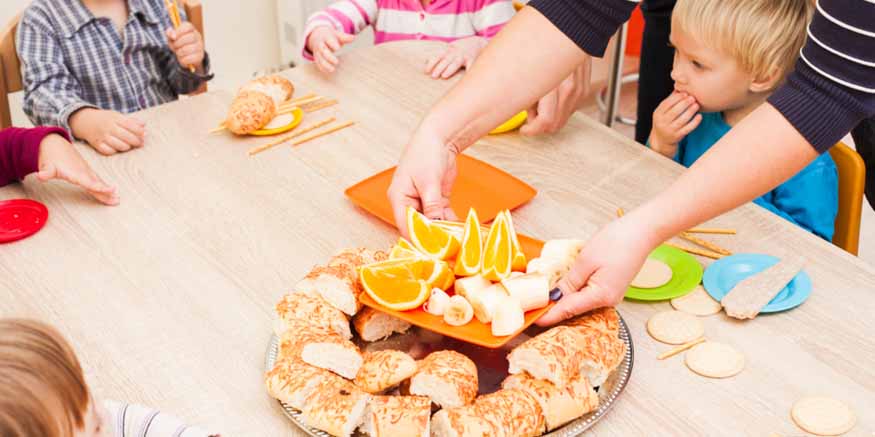

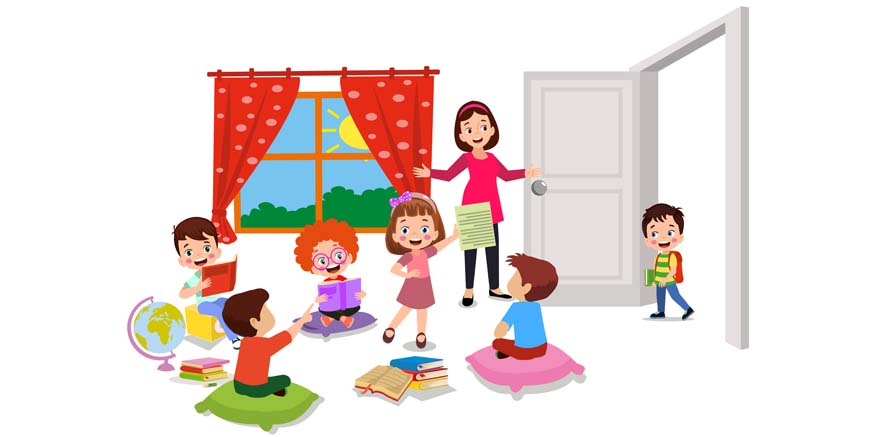

Recent Comments